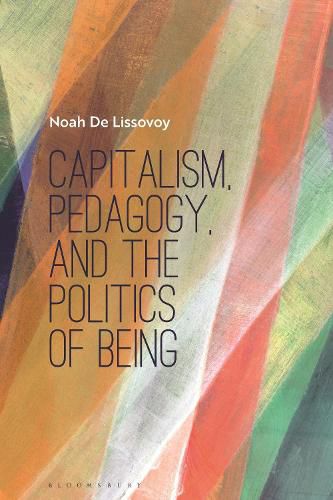Readings Newsletter
Become a Readings Member to make your shopping experience even easier.
Sign in or sign up for free!
You’re not far away from qualifying for FREE standard shipping within Australia
You’ve qualified for FREE standard shipping within Australia
The cart is loading…






Reframing central categories in Western critical thought, this book investigates the relationship between capitalism and coloniality in society and education, and reconceptualizes emancipatory theory and pedagogy in response. De Lissovoy exposes a logic of violation at the heart of capitalist accumulation and argues that we need to attend to ontological and epistemological orders of domination within which subjectivity takes shape. Systematically bridging the theoretical traditions of Marxism, Latin American decolonial thought, and critical pedagogy, De Lissovoy shows how a new critical imaginary can reorder curriculum in schools and other educational spaces, organize a form of learning beyond the capitalist imperatives of imposition and exploitation, and reconstruct pedagogical relationships in the mode of a decolonial and democratic commons.
$9.00 standard shipping within Australia
FREE standard shipping within Australia for orders over $100.00
Express & International shipping calculated at checkout
Reframing central categories in Western critical thought, this book investigates the relationship between capitalism and coloniality in society and education, and reconceptualizes emancipatory theory and pedagogy in response. De Lissovoy exposes a logic of violation at the heart of capitalist accumulation and argues that we need to attend to ontological and epistemological orders of domination within which subjectivity takes shape. Systematically bridging the theoretical traditions of Marxism, Latin American decolonial thought, and critical pedagogy, De Lissovoy shows how a new critical imaginary can reorder curriculum in schools and other educational spaces, organize a form of learning beyond the capitalist imperatives of imposition and exploitation, and reconstruct pedagogical relationships in the mode of a decolonial and democratic commons.